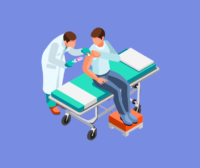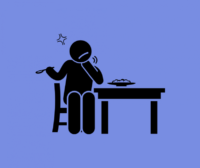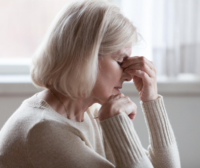
This year, more people than ever before will be eligible for a flu vaccination on the NHS. People with MS are eligible every year for a free flu vaccination but this year this may be extended to more members of your family.
The MS Trust has put together a guide to the flu season and attempts to answer all your MS and Flu vaccination questions. https://www.mstrust.org.uk/news/views-and-comments/flu-season-2020









